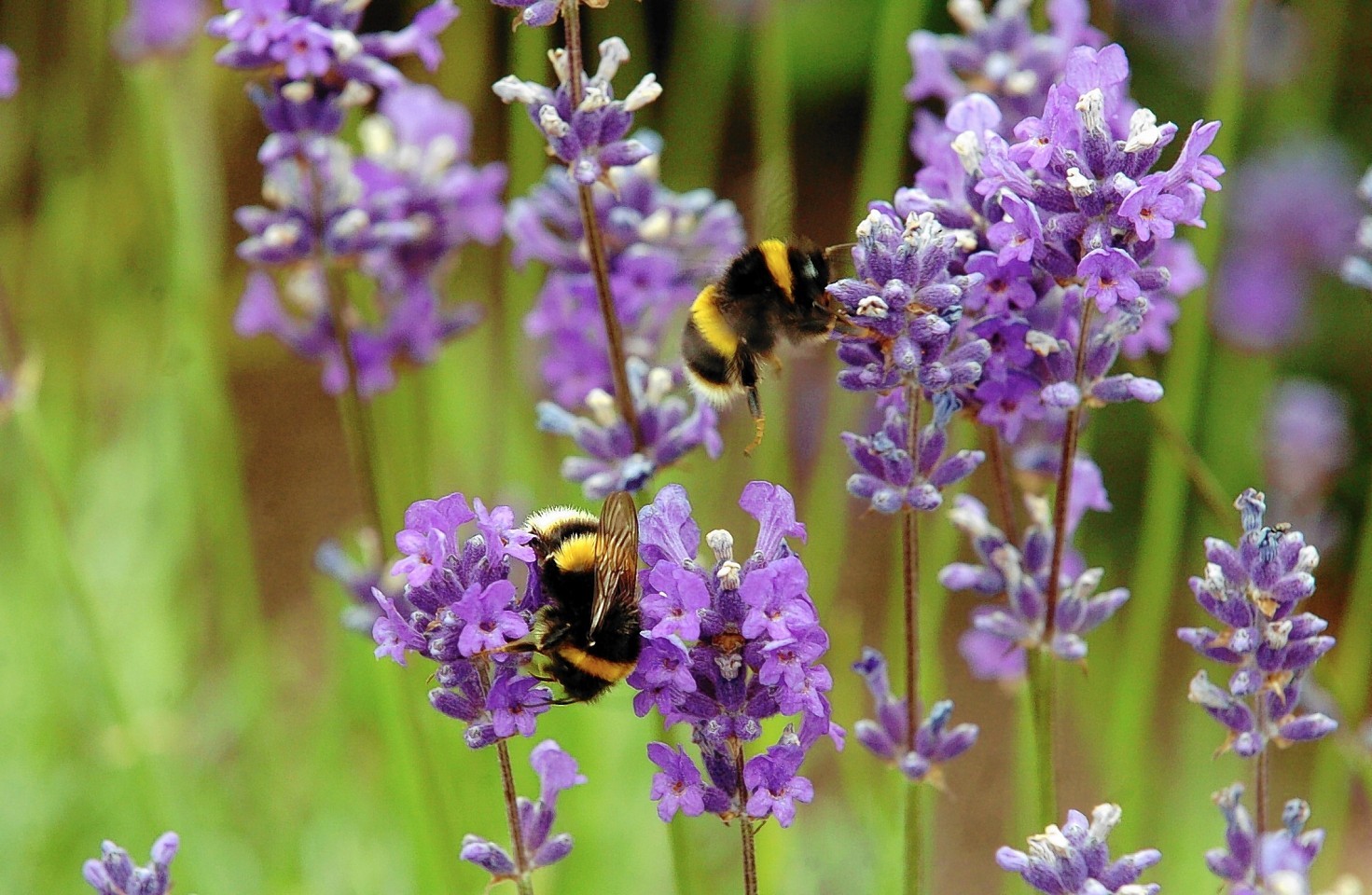A Scottish researcher is leading a study into tackling the global decline in insect pollinators.
Angela Lloyd from Scotland’s Rural College – SRUC – is embarking on a seven-year project to boost insect pollinators in commercial orchards.
As part of the PhD project, which is fully funded by SRUC, Ms Lloyd will collate data from orchards across the UK, studying how pollinators can improve the yield and quality of fruits such as apples, pears and cherries.
It is hoped findings from the project will lead to the development of guidance for maintaining and increasing pollinators in the UK.
“Insect pollination is essential for the fruit growing industry – it improves both the yield and the quality of the fruit. Arresting the decline of insect pollinators is therefore vital to ensure this industry can survive,” said Ms Lloyd.
“Much of the fruit industry relies heavily on insect pollination yet we don’t really know much about the current state of fruit pollinating insects.
“Which insects are pollinating which fruits? How many pollinators do you need to visit a tree to ensure lots of good quality fruit? And, of course, how can we make sure we get adequate pollination in the face of pollinator declines and the changing climate?”
The study will also investigate a number of factors which could be responsible for a decline in fruit pollinators – agricultural intensification, orchard management and agro-chemical use.
“While there has been much coverage recently on the effects of neonicotinoid fertilisers on pollinators, we have believed for a very long time that agricultural intensification has contributed to this problem,” said Ms Lloyd.
“For a variety of pollinators to thrive they need a diverse range of plants flowering at different times throughout the year.
“However, both in the UK and around the world we have larges areas of land devoted to just one type of crop. This work will give a clear picture on how intensification is affecting our vital fruit industry.”
She said another factor, which could be hitting pollinator numbers, was climate change.
In 2012, for example, apple growers saw a huge drop in their yields due to a very wet summer causing disruption to pollination.
Ms Lloyd said if such weather becomes more common, maintaining pollinator diversity will help to ensure a good harvest.
